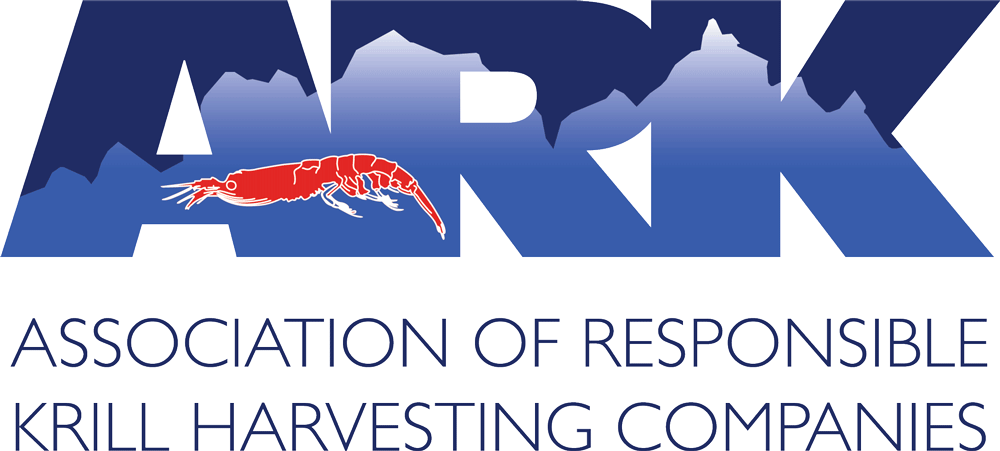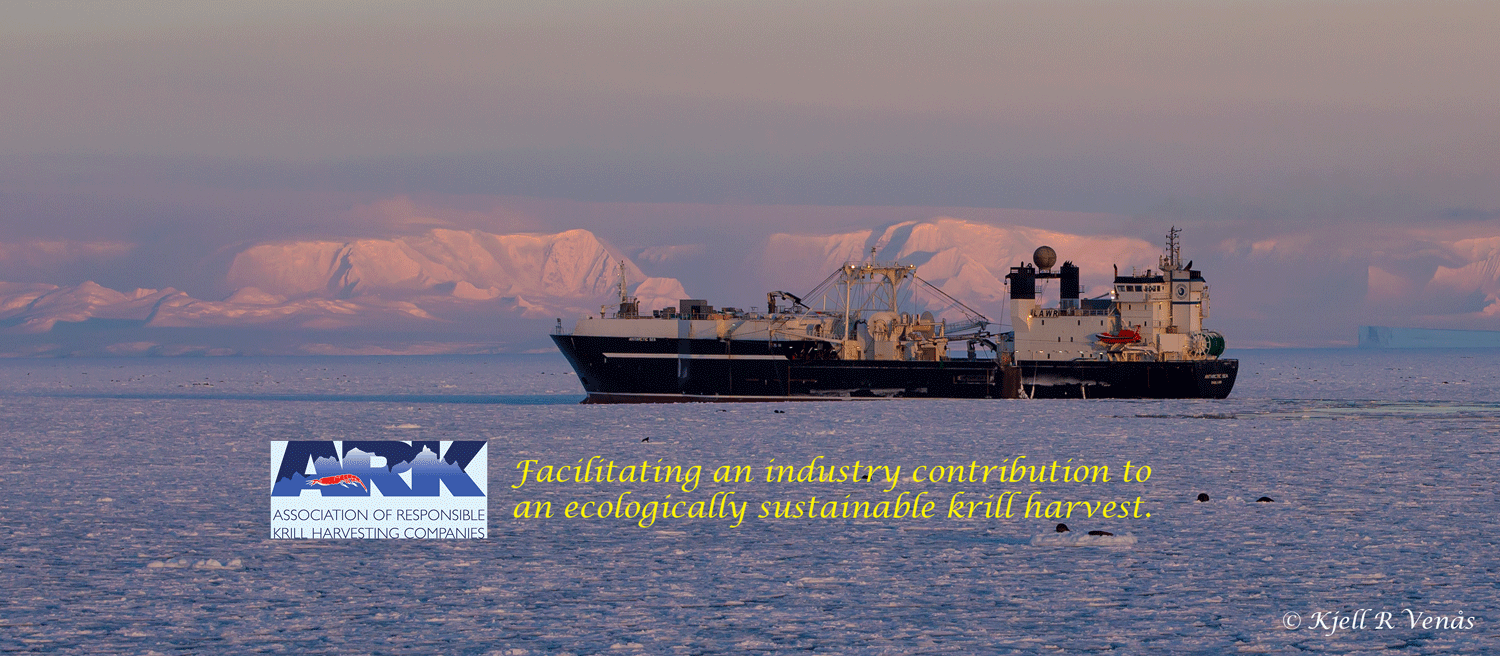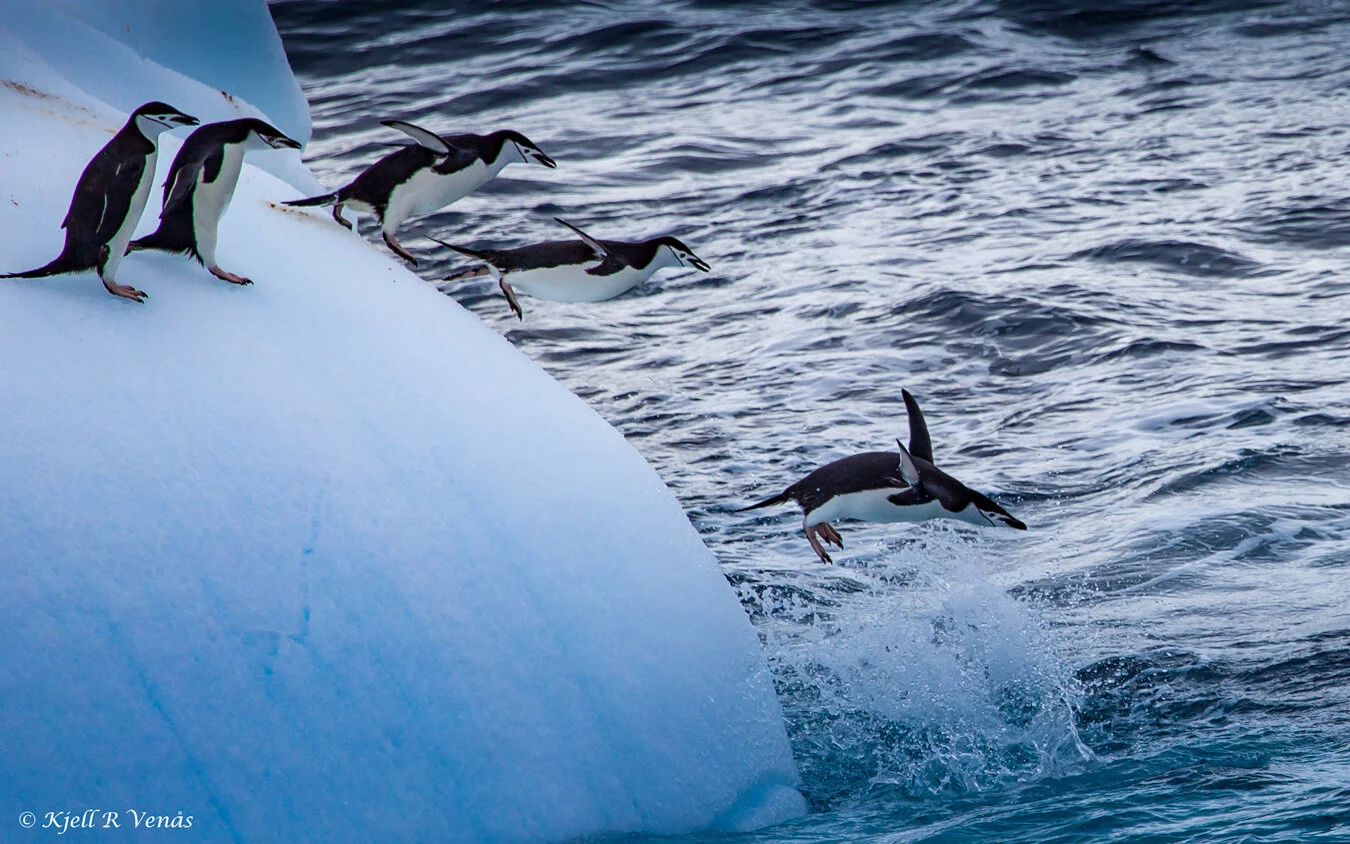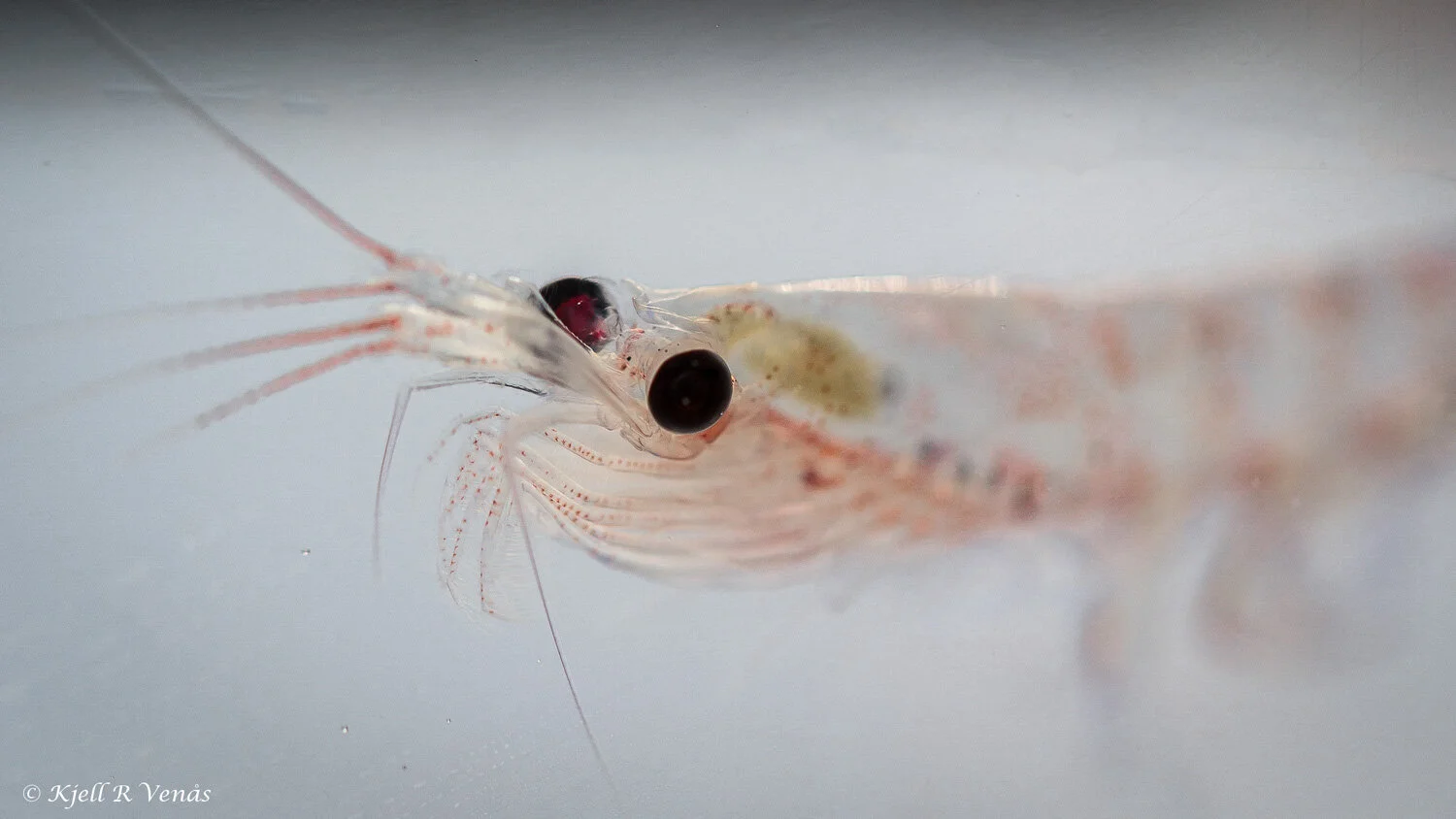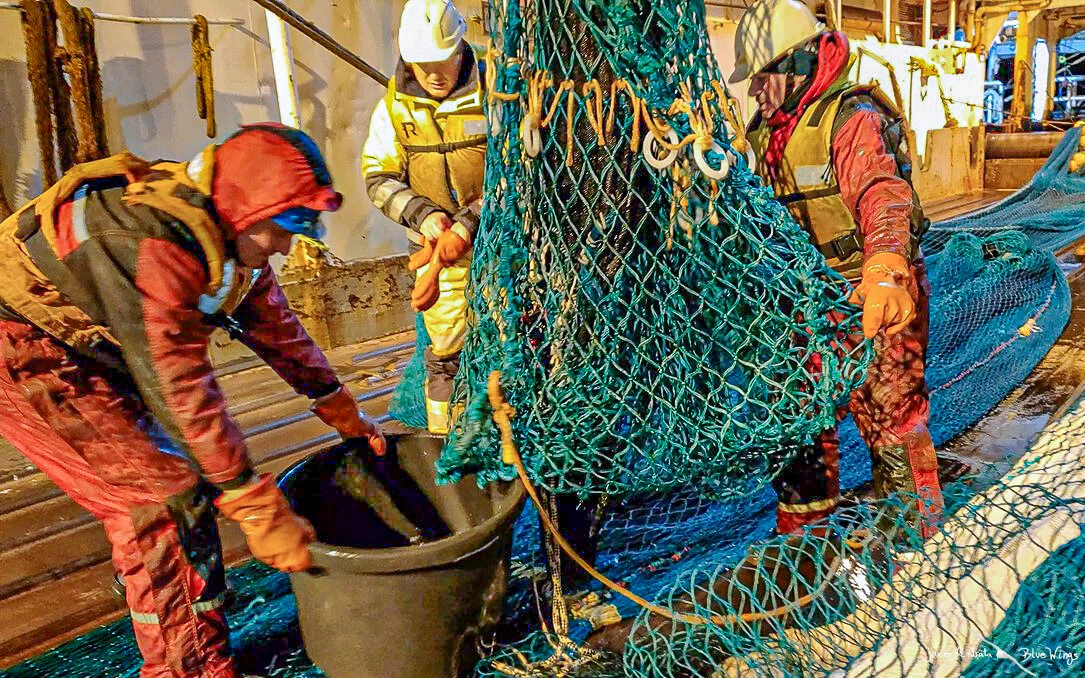What we do -
ARK understands that Antarctic krill is essential for the functioning of the Antarctic ecosystem. As such, our primary goal is to develop practices for the long-term sustainability of the krill fishery and its dependant predators.
ARK participates actively in all CCAMLR-related workshops for the advancement of the krill fishery management, providing insight on fishery operations, research opportunities and limitations. Scientists, CCAMLR delegations and NGOs have emphasized the necessity for more scientific data on krill and the ecosystem. Accordingly, ARK initiatives focus on collecting much-needed data and developing best fishing practices.
In progressing towards stronger cooperation in the whole krill fishing fleet ARK—
provides a hub for education, understanding and outreach of CCAMLR’s ecosystem approach and the scientific requirements for the sustainable management of the krill fishery
promotes the implementation of research initiatives for a sustainable harvest of Antarctic krill
promotes the implementation of best practices in the fishery, including the adoption of 100% observer coverage.
As a result of ARK’s commitment to best practices, being an ARK Member has become a requisite to operate in the South Georgia fishery.
ARK coordinates and cooperates with CCAMLR on the provision of research and information on krill, the fishery and its effect on the ecosystem, with the aim of contributing to CCAMLR’s work on managing the krill fishery sustainably.
ARK’s vision for the support of a sustainable fishery
ARK contributes actively to the management of the krill fishery by —
undertaking selected acoustic transects in Subareas 48.1 and 48.2 to collect raw acoustic data, contributing to the understanding of the variability in krill abundance
conducting large-scale surveys for estimating the krill biomass in the ecosystem
implementing subarea surveys on krill for measuring interannual changes in krill abundance and distribution
applying voluntary measures to protect penguin foraging areas during the breeding season, ahead of the adoption by CCAMLR of other alternative measures.
CCAMLR scientists who are interested in any research activities being undertaken by ARK members, or who have proposals for collaborative research, should contact ARK directly. Scientists are also invited to suggest the types of research they would like to see being conducted on fishing vessels.

